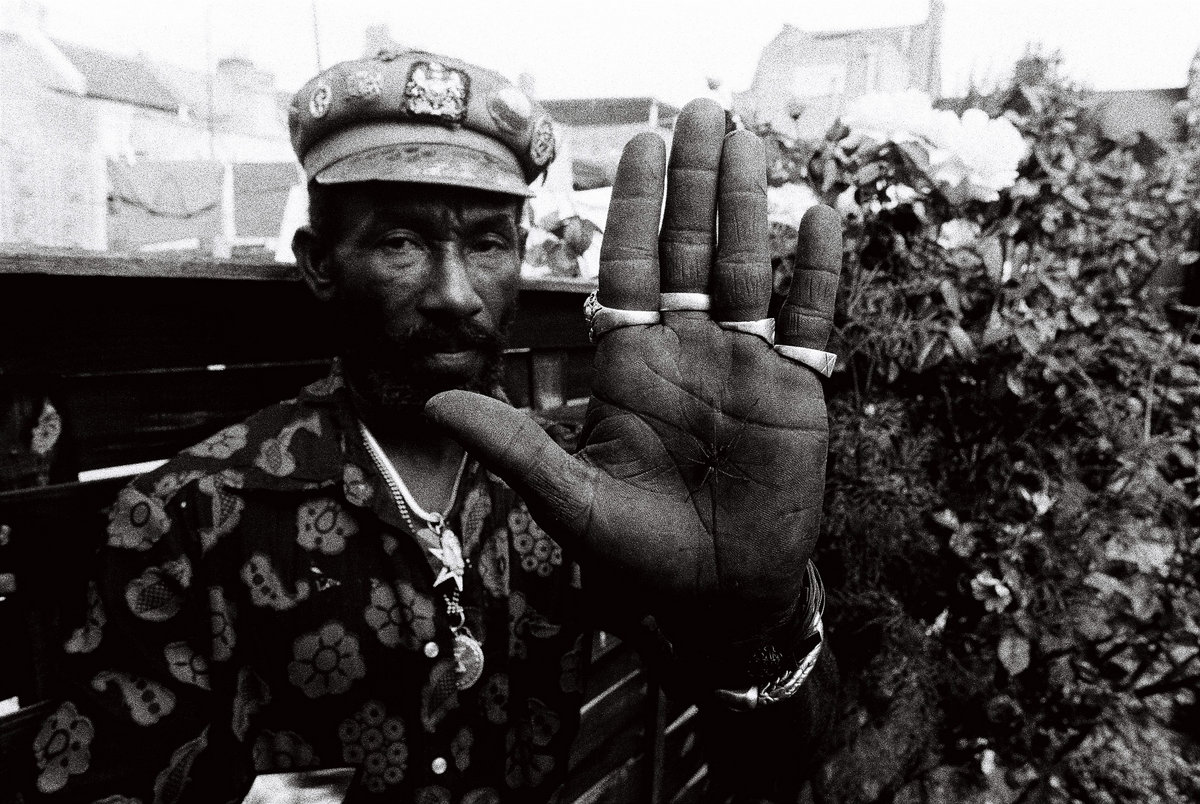

A documentary about his life, The Upsetter, was narrated by Benicio Del Toro and released in 2008. He also collaborated with British dub producers Adrian Sherwood and Mad Professor. Very lovely,” he said of the latter, who honoured him in the track Dr Lee PhD. He won a Grammy award for the 2003 album Jamaican ET further collaborators included George Clinton, Moby, the Orb, the Slits’ Ari Up and the Beastie Boys: “They were nice Jewish boys and they were clean inside. Perry burned down the Black Ark in 1983, convinced it was possessed by evil spirits, but he steadily continued to record throughout the rest of his life. We never saw a dime from those albums we did with him … Lee Perry’s ignorance cost us a lot of money, and I never forgave him.” The collaboration ended in acrimony, though, with Bunny Wailer later saying: “He just sat there in the studio while we played our music, and then he screwed us. Their recordings in 19 are much admired Marley’s son Ziggy has said: “Scratch helped my father look deeper into himself … was instrumental in my father’s career.” Master Paul McCartney’s intentions are positive.”īefore Black Ark, Perry also worked with Bob Marley and the Wailers, who had incorporated members of the Upsetters. In 1980, Perry sent a letter to the Japanese minister of justice after McCartney was arrested for carrying 7.7 ounces of marijuana in his luggage, arguing: “Please do not consider the amount of herbs involved excessive. The same year, Paul and Linda McCartney travelled to Black Ark and recorded two songs there. Perry later produced the Clash’s 1977 single Complete Control. Other classics that Perry produced include the Congos’ cosmic masterpiece Heart of the Congos, the Heptones’ Dylan-covering Party Time, and Junior Murvin’s hit Police and Thieves, which protested against police brutality and was later covered by the Clash. The Upsetters backed Max Romeo for the Perry-produced album War Ina Babylon, part of the wave of politicised reggae in the mid-1970s and featuring one of the genre’s biggest anthems in Chase the Devil. Then I put my mind into the machine and the machine perform reality.” “The machine must be live and intelligent.

“I see the studio must be like a living thing, a life itself,” he said. He pioneered the technique of dub versions of reggae tracks, with the bass emphasised, vocals sometimes removed, and reverb added to create an eerie, echoing sonic space. As well as firing guns, breaking glass and sampling animal noises, he also blew marijuana smoke on to master tapes to supposedly enhance the recordings. He experimented with drum machines and the potential of studio equipment. In 1973, he built his own studio, the renowned Black Ark. He became increasingly independent, forming his own backing band the Upsetters, with a string of early releases fixated on spaghetti westerns: Return of Django, Clint Eastwood, The Good, the Bad and the Upsetters, and more. In the first of the many spats that dotted his career, Perry split with Dodd and began working with the producer and label head Joe Gibbs, who in turn was cast aside by Perry. He earned his “Scratch” nickname from an early recording, The Chicken Scratch, in 1965. He was hired by Clement “Coxsone” Dodd, head of reggae studio and label Studio One, as an assistant, then as a talent scout, DJ, store manager and eventually a recording artist. Perry was born Rainford Hugh Perry in the Hanover parish of north-west Jamaica in 1936, and left school when he was young: “There was nothing to do except field work, so I started playing dominoes and learned to read the minds of others,” he said.


 0 kommentar(er)
0 kommentar(er)
